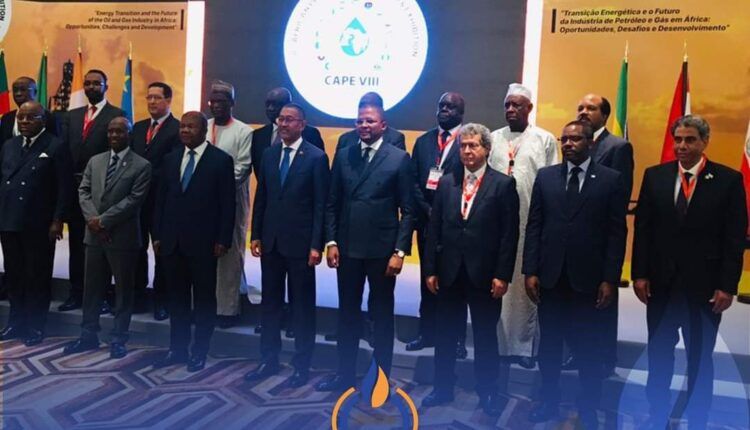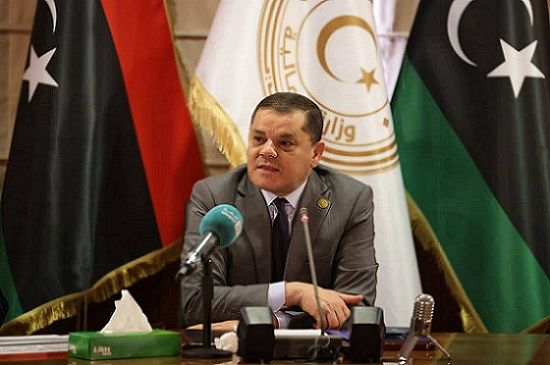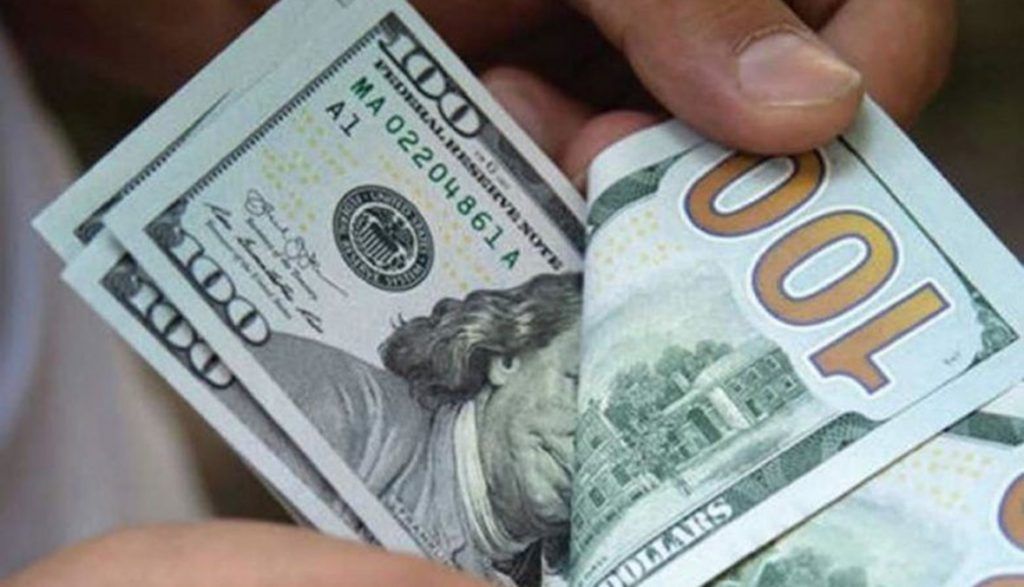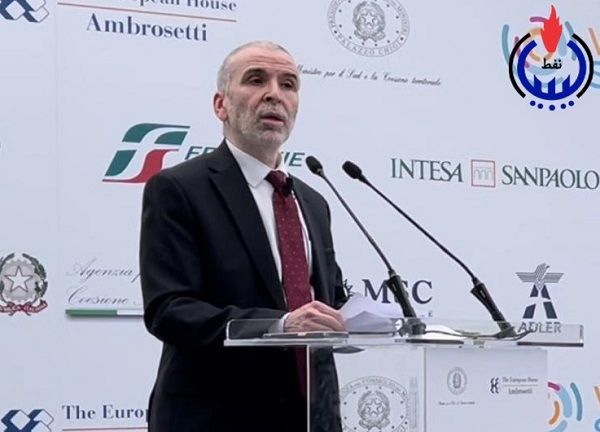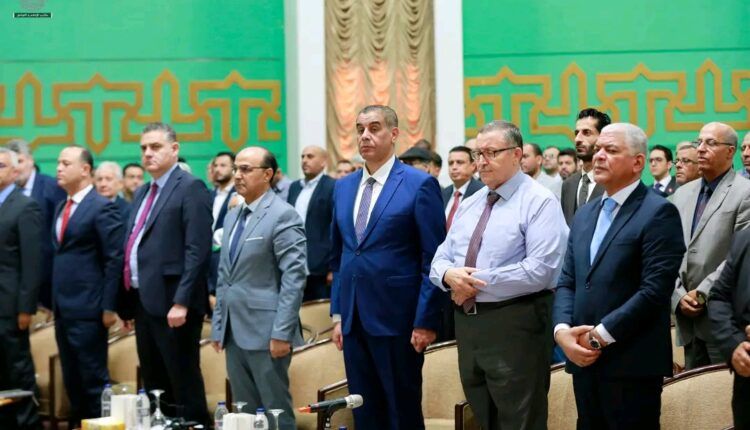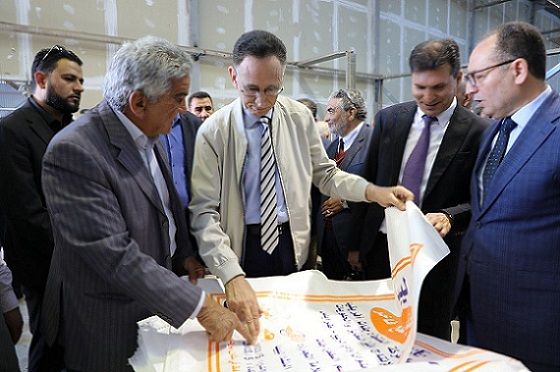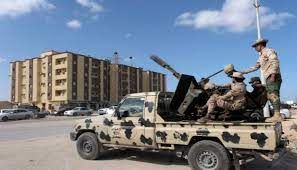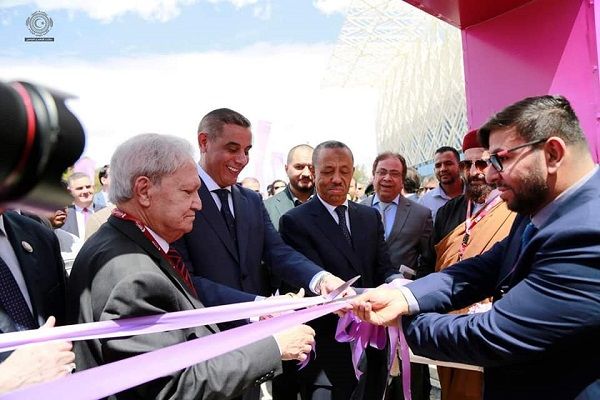Adecade after NATO nations removed despot Muammar Qaddafi, the United States is near getting Libya’s harshly partitioned political groups to join together – over oil.
Driven by the Ukraine war-actuated energy crunch, U.S. authorities have emphatically expanded their inclusion in the North African country’s inward debates following quite a while of being to a great extent, and eminently, missing.
Their strengthened transport tact among rival Libyan states, groups, individuals from parliament, and warlords is gaining ground toward a Libyan settlement to share oil incomes and bring production back completely online.
The nation’s result was split in April. To fight the mass transfer of oil incomes to the government in western Libya, eastern warlord Khalifa Haftar and his self-styled Libyan National Army coordinated a closure of oil fields, keeping down 600,000 barrels – and costing the country $60 million – per day.
“Half of Libya’s oil is off the market now, which we believe isn’t just terrible for Libyans and denying them of chances, yet is awful for the worldwide economy,” says a senior Western authority, adding, “and now, every barrel counts.”
Western authorities, pitching the straightforward oil income agreement they are empowering as a success for Libyans, hope it tends to be utilized as a springboard toward a more extensive political settlement.
The Russia point
Yet behind the renewed American and Western focus on Libya is simmering competition with Moscow.
The U.S. and Europe are nervously eyeing the presence in eastern Libya of the Russian paramilitary Wagner Group, which has been there since 2017 but has attracted increasing criticism from the Biden administration.
Even in the wake of the recent reported departure of 400 Wagner mercenaries for the Ukraine battlefield, the Russian government-aligned paramilitary force still retains a large military footprint in eastern Libya. It controls three airstrips, and is using the country as a clandestine launchpad for Russian activities in Africa, experts and analysts say.
Unless the West is able to counter Moscow’s influence soon, U.S. and European officials fear Russia could decide to use its assets in Libya against NATO and Europe – either by facilitating mass migration, exporting extremism, or simply stopping oil flows.
Complicating matters further is the fact Mr. Haftar and other actors have been backed by Russia and relied on Wagner forces.
Noting Libya’s geostrategic position on NATO’s southern flank, the senior Western official says the country is “an area that could be subject to strategic competition in this Russia-Ukraine situation. … It is a place where the U.S. is putting a good deal of emphasis.”
Yet with America’s disengagement during their recent rounds of civil war fresh in their minds, Libyans remain wary. They wonder whether the renewed U.S. interest in Libya might end in an agreement that sacrifices Libyan democracy and stability for the West’s short-term geopolitical interests. Can American motives be trusted?
Oil income sharing
For weeks, U.S. diplomats led by Ambassador to Libya Richard Norland have been meeting Libyan officials and factions, who are broadly divided between eastern and western Libya but also have individual interests, to help hammer out an oil revenue agreement.
The agreement is to set up a Libyan-led, transparent mechanism that would direct the revenues from the central bank to fund national priorities such as salaries, subsidies, and reinvestment in oil industry infrastructure.
After receiving buy-in from Libyan actors, Western diplomats hope the potential deal will resolve a dispute over the use of the revenues to fund militias and patronage networks.
Stressing the benefit of the agreement for average Libyans, Western diplomats have been trying to use windfall-high oil prices resulting from the Ukraine war as an incentive for Libya’s factions.
“Responsible Libyan leaders must recognize that the shutdown harms Libyans throughout the country and has repercussions across the global economy, and end it immediately,” the U.S. Embassy in Tripoli said in a strongly worded statement on April 27.
“The Americans want to end the politicization of oil revenues and the use of oil revenue to pay off militias, which has been a central source of conflict in Libya,” says Verity Hubbard, researcher at the Washington-based Libya-Analysis consultancy firm.
Political assets
As the U.S. responds to the geostrategic challenges posed by Libya, it is mobilizing human and diplomatic resources toward the North African country, U.S. diplomatic sources say.
Initial steps are being taken to reopen the U.S. Embassy in Tripoli, which has been closed since civil war erupted in Libya in 2014. The U.S. Embassy to Libya currently operates from neighboring Tunisia. A final decision to reopen the embassy in Tripoli requires the approval of both the White House and Congress.
“There is no question that not having an embassy on the ground since 2014 has significantly impacted our ability to engage with the country, understand the country, and engage with actors,” says Ben Fishman, senior fellow at the Washington Institute for Near East Policy and a former National Security Council official. He calls the planned reopening of a U.S. embassy “the most positive step in years.”
But the U.S. has been absent from Libya for some time, applying no clear policy under the Trump administration, which means that “ultimately other outside actors are playing a more influential role than we are,” Mr. Fishman says.
Diplomatic sources say Washington is playing “catch-up,” after years of delegating Libya policymaking to its allies France, the United Arab Emirates, and Egypt, which in turn allowed for Russia’s entrance into the conflict that later led Turkey to intervene.
The U.S. is now one in a crowded field of international actors with stakes in the country.
Time for elections?
The U.S., Europe, and the United Nations are scrambling to take advantage of a period of peace in Libya to push once again for elections to unite the country, after U.N.-led attempts to hold elections last December fell apart due to disagreements over candidate eligibility, a constitutional framework, and security concerns.
Western officials are quick to point out that 2.8 million Libyans registered for the derailed 2021 elections, highlighting a hunger for democracy.
But Libyans and long-term observers caution that a rush toward elections without a unified government, constitution, or unified military may lead one or more warlords to try to take over the country through the ballot box and impose an autocratic regime similar to that of the deposed Mr. Qaddafi.
“The U.S. continues to promote a position in the region talking about democracy, peace, and stability, but many Libyans see past the rhetoric and diplomacy because they know behind the scenes the U.S. is delegating its interest to partners and actors who do not support U.S. values,” says Anas El Gomati, director of the Tripoli-based Sadeq Institute think tank.
“The irony here is that in their rush to counter the Russians, the Americans are working with individuals in Libya who have worked with Russia, empowered them, and placed them onto NATO’s southern flank.”
Highlighting the potential limits of American engagement, one Libyan says, “So far, America has been talking while other countries have been providing arms, money, or fighters for years. Will talk get people to agree?”
Adapted from The Christian Science Monitor
